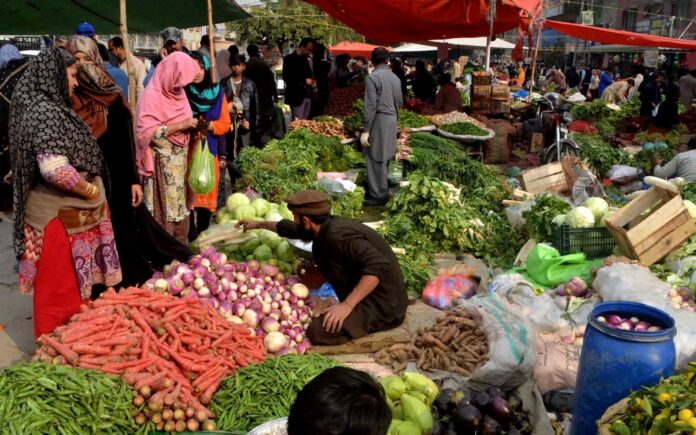ISLAMABAD: The Economic Adviser’s Wing of the Finance Ministry has warned that higher international commodity prices, especially of food and energy items, could increase inflation and has called for structural policies to improve functioning of markets to ease inflationary pressures.
“The risks that could raise inflation include higher trend in global commodity prices, especially food and energy items,” the Economic Adviser’s Wing said in its Monthly Economic Update & Outlook (MEUO) for September.
The report states that Pakistan’s economy is set to achieve higher, inclusive and sustainable economic growth in FY2022 due to the government’s growth-oriented policies. However, there are some downside risks to the outlook of the country’s economy associated with rising international commodity prices, new variants of virus and geopolitical dynamics especially in the aftermath of the situation that emerged in Afghanistan post August 15.
The report said Pakistan’s economy was currently on a higher growth path and it was important that this growth was driven by the expansion of domestic production for long-term enhancement and sustainability. “Attaining sustainable higher growth path requires a much larger proportion of the value added to be directed towards gross fixed capital formation, instead of consumption. This can be managed by appropriate long-term structural policies.
However, the government is taking all possible measures to control inflationary pressures and provide relief to the masses in order to mitigate the impact of price hike, the report said, adding that the government is fully committed to promoting industrial activities and taking all proactive measures wherever it is necessary to facilitate the industrial sector and its counterparts.
The minimum annual threshold level of turnover for sales tax imposition on cottage industry is proposed to be increased from Rs3 million to Rs10 million. The Cotton Crop Assessment Committee (CCAC) had estimated the overall production to reach to 8.5 million bales during FY22 showing an increase of 20pc compared to 7.1m bales last year.
In July, LSM witnessed a modest increase of 2.3pc against 8.1pc in July 2020. LSM performance remained sluggish temporarily due to closure of industrial activities during holidays in Eidul Azha and monsoon rain which spread over 15 days. The MEUO said the latest upward trend of other high frequency variables such as car production and sales, oil sales, cement dispatches etc. will boost the LSM in coming months.
Moreover, the exports of goods and services for next month will remain above $3 billion and remittances likely to keep momentum, consequently current account deficit will be in manageable range.




